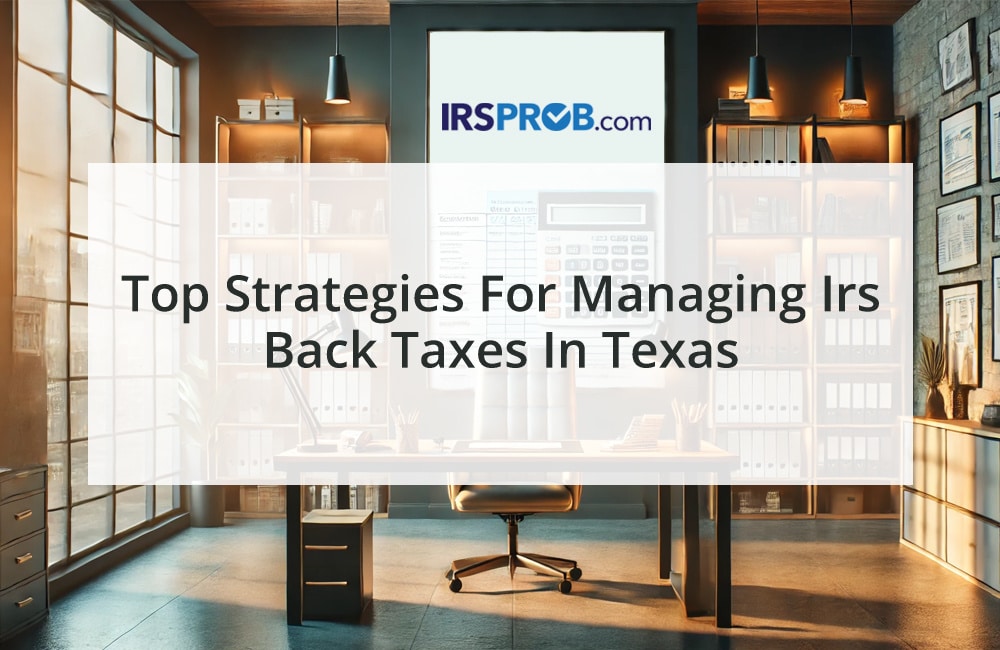
A Limited Liability Company (LLC) is one of the most versatile and popular business structures in the United States. Business owners choose LLCs for their flexibility in taxation, limited personal liability, and simplicity in management. Whether you are considering forming an LLC or looking for ways to optimize your current LLC’s tax strategies, this guide will break down key concepts to help you navigate the often-complicated tax landscape.
What Is an LLC?
An LLC is a business entity organized under state law. Its structure blends the liability protection of a corporation with the tax benefits and flexibility of a partnership. One of the main advantages of forming an LLC is that it shields the personal assets of the owners (called members) from the debts and liabilities of the business.
Depending on elections made and the number of members, an LLC may be classified for federal tax purposes as either:
- A partnership
- A corporation (C or S)
- A disregarded entity (if it has one member)
Key Advantages of LLCs
- Limited Personal Liability: LLC members are not personally liable for the debts and obligations of the LLC, which means personal assets are protected in the event of a business lawsuit or bankruptcy.
- Tax Flexibility: LLCs offer significant flexibility in how they are taxed. The LLC can be taxed as a sole proprietorship, partnership, C corporation, or S corporation, depending on the number of members and elections made with the IRS. This flexibility allows business owners to select the tax treatment that best aligns with their financial goals.
- Easy to Manage: LLCs require fewer formalities than corporations. While it’s recommended to have an operating agreement, it is not legally required in most states. Additionally, LLCs do not have the same stringent requirements for holding board meetings and maintaining minutes, making it easier for small business owners to operate.
LLC Tax Classification
1. Default Classification:
- f an LLC has more than one member, it is automatically classified as a partnership for tax purposes.
- If the LLC has only one member, it is classified as a disregarded entity, meaning the LLC’s income and expenses are reported on the owner’s personal tax return (typically on Schedule C for sole proprietors).
Electing Corporation Status:
An LLC can also elect to be taxed as a corporation (C or S). This election is made using IRS Form 8832. Some business owners opt for this election to benefit from corporate tax rates or to distribute income to shareholders in a tax-advantaged way.
- C Corporation: The LLC is taxed as a separate entity. It pays corporate taxes, and any distributions to members are taxed again on their personal tax returns (double taxation).
- S Corporation: The LLC’s income, deductions, and credits pass through to the members, who report them on their individual tax returns, avoiding double taxation.
Self-Employment Tax Considerations
One of the biggest tax considerations for LLC members is self-employment tax. If the LLC is classified as a partnership or disregarded entity, the members are subject to self-employment taxes on their share of the income. This is an important aspect for business owners to manage, as self-employment taxes include both the employer and employee portion of Social Security and Medicare taxes.
For those who want to minimize self-employment taxes, electing to be taxed as an S corporation can be beneficial. As an S corporation, members who are actively involved in the business can pay themselves a reasonable salary and take the remaining profits as distributions, which are not subject to self-employment tax.
Formalities and Documentation
While LLCs are simpler than corporations in terms of ongoing compliance, some formalities should still be followed to protect the limited liability status:
- Operating Agreement: It’s highly recommended to create an operating agreement, even if it’s not required by your state. This agreement outlines how the LLC will be managed, how profits will be allocated, and the roles of each member.
- Annual Meetings: Some states require annual member meetings, and it’s a good practice to document these meetings to maintain liability protection.
Special Considerations for Single-Member LLCs
A single-member LLC (SMLLC) is treated as a disregarded entity by default. This means the LLC’s income and expenses are reported on the owner’s individual tax return, usually on Schedule C. However, the LLC must still obtain an Employer Identification Number (EIN) and report employment taxes under the LLC’s name if it has employees.
Key Tax Strategies for LLC Owners
Here are some strategies LLC owners can implement to optimize their tax situation:
- Elect S Corporation Status: As discussed earlier, this can reduce self-employment taxes for owners who take advantage of the distribution method of paying themselves.
- Retirement Plan Contributions: LLC owners can reduce their taxable income by contributing to a retirement plan, such as a SEP IRA or Solo 401(k), especially if the LLC is taxed as a sole proprietorship or partnership.
- Health Insurance Premium Deductions: LLC owners can deduct health insurance premiums as a business expense, which can significantly reduce taxable income.
- Depreciation Deductions: Take advantage of Section 179 deductions or bonus depreciation to write off the cost of equipment and other business assets in the year they are purchased.
- Home Office Deduction: LLC owners who use part of their home exclusively for business may qualify for the home office deduction, which allows them to deduct a portion of mortgage interest, utilities, and maintenance costs.
Conclusion
LLCs offer numerous advantages for business owners, particularly in terms of liability protection and tax flexibility. However, the tax classification and obligations can be complex, and choosing the right path depends on the unique circumstances of your business. Whether you’re a new business owner or a seasoned entrepreneur, working with a tax professional is crucial to making informed decisions that align with your financial and business goals.
For more detailed guidance on how to structure and optimize your LLC, contact the experts at IRSProb.com.









